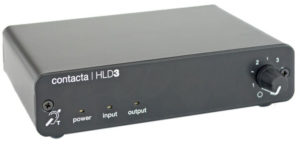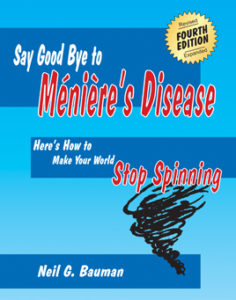by Neil Bauman, Ph.D.
Some researchers have apparently discovered that hard of hearing people call in sick more often than employees with normal hearing. Here’s the salient parts of the story.
The extra energy expended on overcoming hearing problems takes its toll on hearing-impaired employees. This may explain why hearing-impaired employees are likely to take more sick-days than their colleagues with normal hearing.
Hearing problems can wear on a hearing-impaired individual’s mental health. A Dutch survey among people in the workplace found that hearing-impaired employees were five times more likely than their co-workers with normal hearing to experience stress so severe that they must take sick-days.
More than 75% of the hearing-impaired respondents had called in sick during the preceding year, as compared to 55% of their colleagues with normal hearing. One in four of the hearing-impaired respondents cited stress and burn-out as the reasons for calling in sick, as compared to just 7% of those with normal hearing. (As reported in “Intl. J. Audiol. 2006;45(9):503-512, via http://www.hearingreview.com/insider/2007-08-30_02.asp.)
What the study apparently overlooked was whether the people in this study had appropriate accommodations made to compensate for their hearing losses, or whether they were just left to fend for themselves as best they could.
One such employee explained,
I totally agree that it takes much more energy at work for hard of hearing people to cope. It certainly did for me. It was a very stressful situation and got worse as the years went by. I would go home at night simply exhausted.
Treating hard of hearing employees like that is a sure recipe for burn-out and resulting absenteeism. However, it does not have to be this way. An employee at another company explained,
I am fortunate that I am infrequently sick and use less sick leave than most of my colleagues, but I agree that it takes plenty of extra energy to hear well at work.
What is the difference? Look at the above figures again. 25% of hard of hearing people as opposed to just 7% of hearing people cited stress and burn-out as the culprit. There is no need for this disparity if employers would make adequate and proper accommodations for the special communications needs of their hard of hearing employees.
In my experience, when communication needs are properly accommodated, then stress and absenteeism in hard of hearing people are no different than in people with normal hearing.
Therefore, employers, if your hard of hearing people are absent more than “normal,” that is an indictment against your company failing to meet the specific communication needs of your hard of hearing employees.
Often some simple changes are all that you need to implement. It could be as simple as moving a hard of hearing employee to a quiet corner of the office, or providing an amplified telephone, or using email rather than talking to them face to face or on the phone when giving instructions and orders so they know they have “heard” everything correctly.
To find out what changes will meet their needs, ask your hard of hearing employees what specific changes would help them the most. Your reward will be happy, healthy, productive and loyal hard of hearing employees. Isn’t that worth it?



Leave a Reply